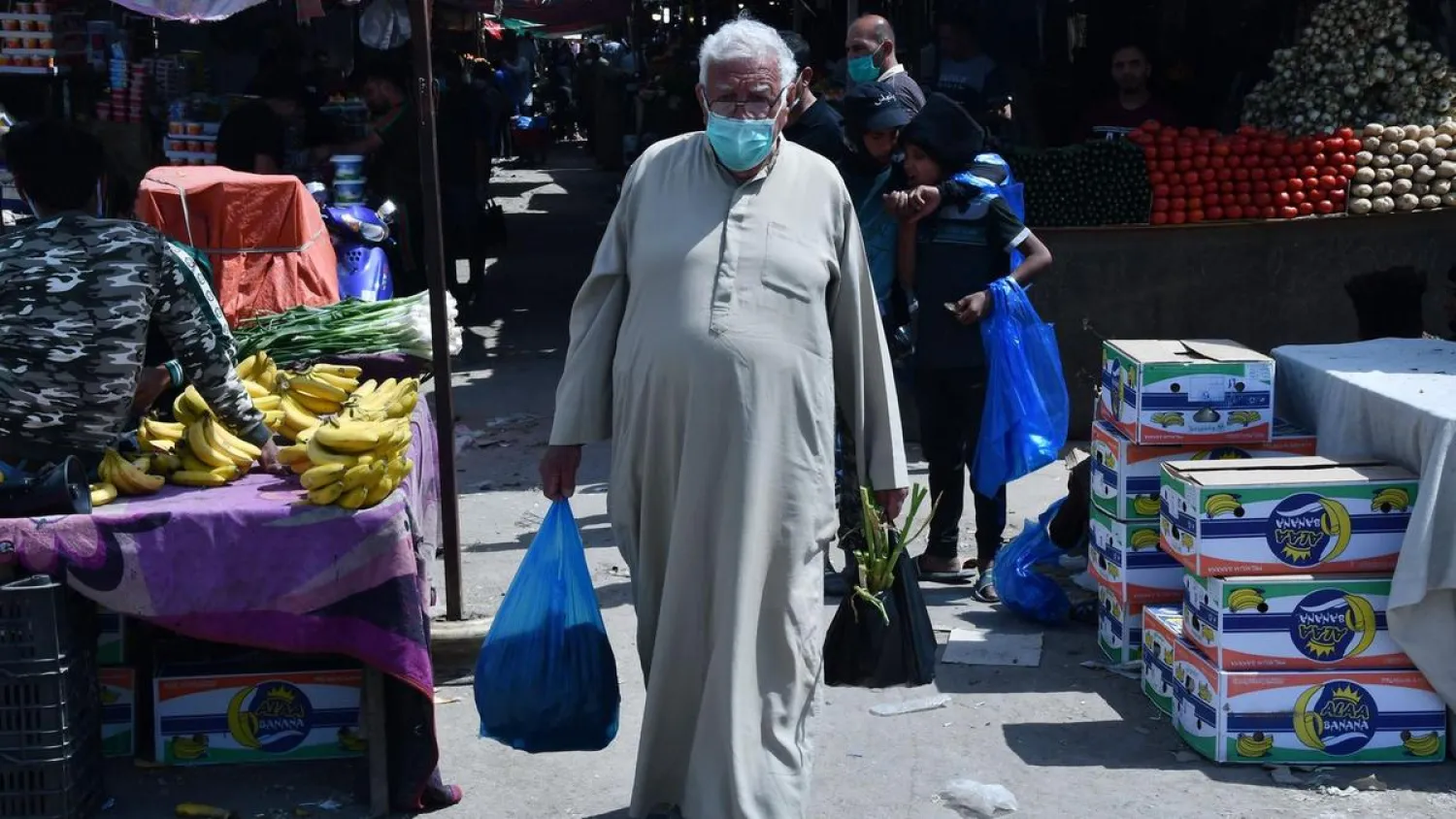Some 50 Iraqi lawmakers are planning to form a large parliamentary bloc, comprised of MPs from different parties, to support new Prime Minister Mustafa al-Kadhimi.
A number of the lawmakers spoke to Asharq Al-Awsat of their definite drive to introduce “serious” change among blocs, which were originally formed on ethnic and sectarian bases.
Such blocs have not been able to abandon their affiliations despite their attempts to form new coalitions during the 2018 elections. They cited the formation of the Islah bloc, comprised of Shiite, Sunni and Kurdish blocs, and the Binaa bloc, comprised of Shiite, Sunni and Kurdish members, at the time.
The two coalitions had failed at the first hurdle during discussions to form Adel Abdul Mahdi’s government, which ultimately saw the light through an agreement between two Shiite blocs.
The persistence of political, security, health and economic crises in Iraq has prompted the Iraqi MPs to consider forming a new bloc.
MP Hussein Arab, head of the Irada bloc, told Asharq Al-Awsat that these lawmakers “want to support the state and government, meaning they want a political alliance that stands behind the PM.”
“We are in pressing need of a state that can confront crises and challenges,” he stressed.
The new bloc would also seek to tackle the “catastrophic” errors committed by the previous government and past alliances, he revealed.
He hoped the new alliance would be effective in achieving real reform in order to improve the state.
“This is not a political bloc, but a parliamentary one, because any political coalition will have different agendas that we want to steer clear from,” Arab explained.
“We want to overcome the past mistakes, which were often political,” he remarked.
State of Law bloc MP Alia Nassif told Asharq Al-Awsat that the bloc that will support Kadhimi aims to overcome the difficult circumstances the country is enduring.
The members of the bloc may have different affiliations, but they are united in their goal to form a capable state, she stressed.
She warned of attempts by some powers to undermine the new coalition, adding, however, that if it were to succeed in overcome obstacles, then it will leave a positive impact on the ground.









